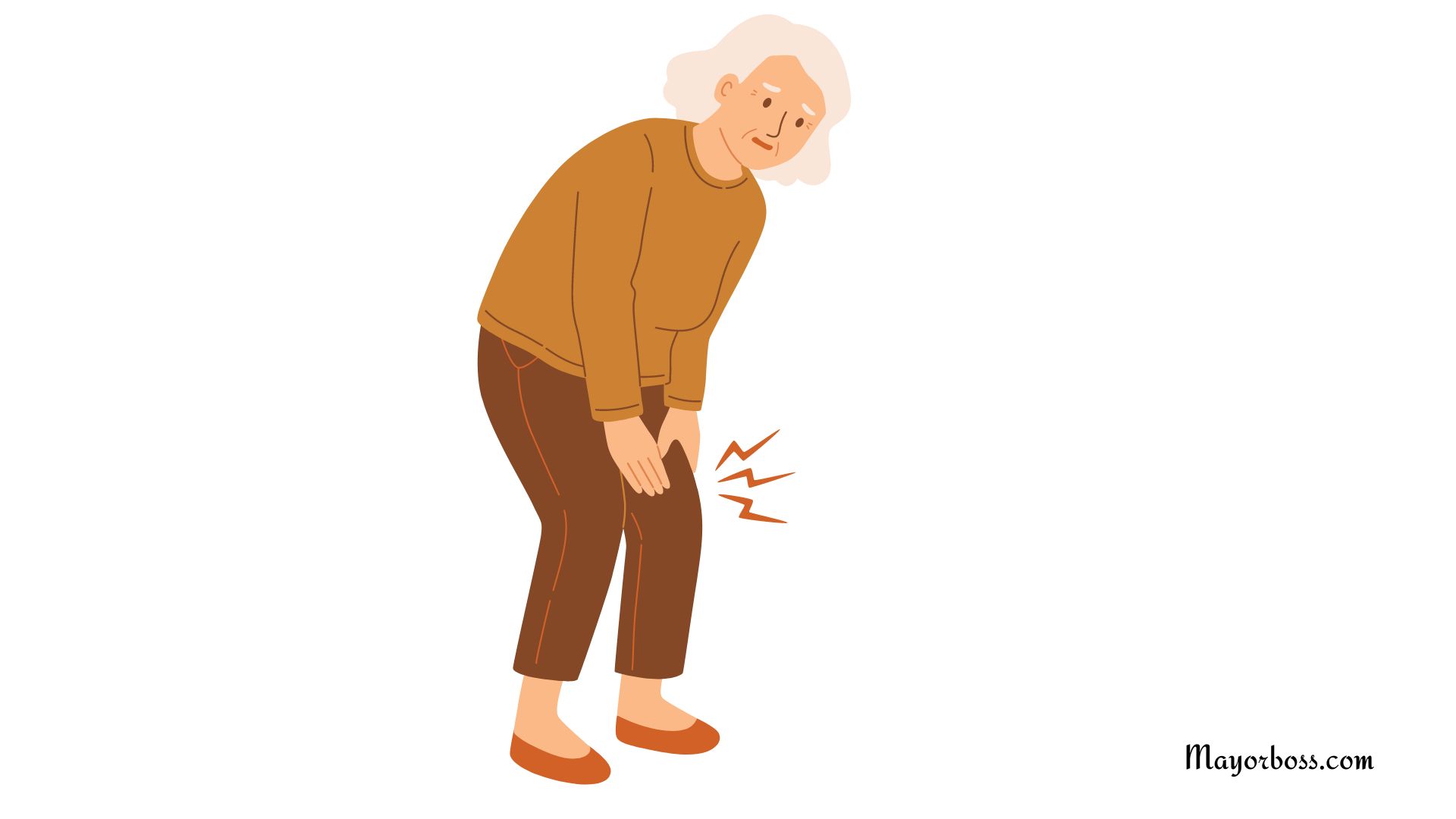This is What Happens When You Don’t Eat for a Day
Have you ever wondered what happens to your body when you skip meals for a whole day? You might think it’s just a matter of feeling a bit hungry, but there’s more to it than that. And, hey, it’s essential to understand these effects, whether you’re considering a fast or you just missed meals due to a busy schedule.

Immediate Effects: The First Few Hours
In the first few hours without food, your body starts to react. Initially, you feel the typical hunger pangs. This is your body signaling, “Hey, it’s time to eat!” But let’s be real, you can push past this with some water or by staying busy.
As the hours pass, your body switches gears. It starts using the glucose stored in your liver as glycogen for energy. This is a normal process, and for a short period, you’re likely to feel just fine. You might even experience a surge in alertness as your body releases stress hormones like adrenaline to keep you going.
The Middle of the Day: Energy Shifts
By mid-day, if you haven’t eaten, things start to change more noticeably. Your glycogen stores are running low, and your body begins to look for alternative energy sources. This may sound silly, but it’s like your body’s own survival mode kicking in.
You might start feeling a bit light-headed or irritable—commonly known as being “hangry.” Your concentration might wane, and surprisingly enough, some people find they get a temporary boost in clarity before the energy dip really sets in.
Late Afternoon and Evening: Deeper Changes
Now let’s get down to the nitty-gritty. By the late afternoon or evening, if you haven’t eaten for the whole day, your body’s glycogen stores are likely depleted. This is where your body starts burning fat for energy in a process called ketosis. Sounds good? Well, it’s not that simple.
Ketosis can lead to a feeling of weakness and fatigue. You may also have a headache and feel dizzy. Your body is working hard to adjust to this new energy source, and it’s not always a smooth transition.
And what about your mood? Yep, it’s affected too. You might feel more stressed or have difficulty managing your emotions. The lack of nutrients can make it harder for your brain to function optimally, leading to a foggy feeling.
Long-Term Implications: Skipping Meals Regularly
If you’re thinking of making this a regular habit, hold on to your hat because it’s not all smooth sailing. Regularly skipping meals can lead to nutrient deficiencies, metabolic slowdowns, and even long-term health problems like weakening of the bones or immune system issues.
And guess what? Your metabolism might slow down as your body tries to conserve energy. This could lead to weight gain over time, contrary to what you might expect from not eating.
Frequently Asked Questions
- Can skipping meals help with weight loss? Skipping meals occasionally won’t cause dramatic weight loss. Actually, it can lead to weight gain as your body conserves energy and slows down metabolism. The secret is to maintain a balanced diet and regular eating schedule.
- What are the effects of not eating for a day on muscle mass? If you don’t eat for a day, your body may start to break down muscle for energy, especially if you’re not getting enough protein. This could be detrimental to your overall muscle health.
- Is it safe to fast for a day? For most healthy individuals, fasting for a day is generally safe. However, it’s crucial to listen to your body. If you have any medical conditions or concerns, talk with your doctor before starting any fasting regimen.
So there you have it! Skipping meals for a day can have various effects on your body, from energy shifts to mood changes. It’s fascinating, isn’t it? But just remember, it’s important to approach fasting or any change in diet with care and, ideally, under the guidance of a health professional. Keep these insights in mind the next time you think about skipping a meal!






